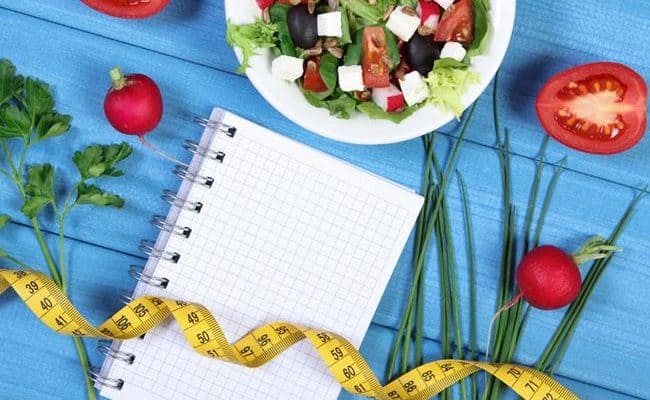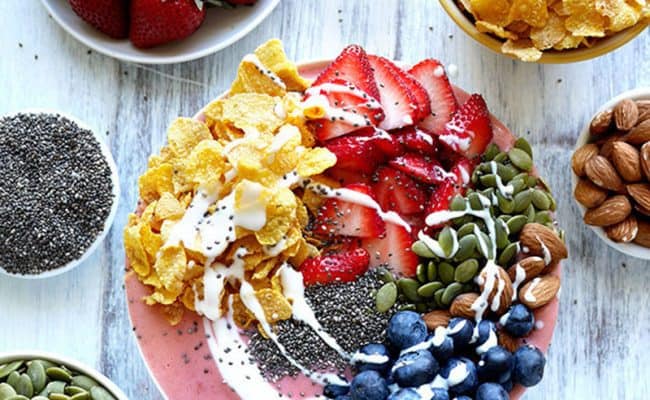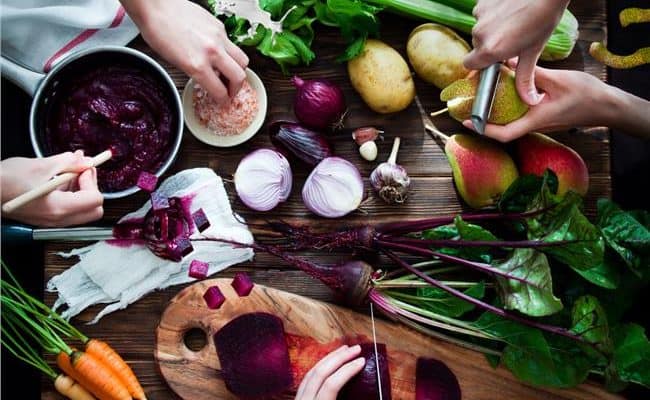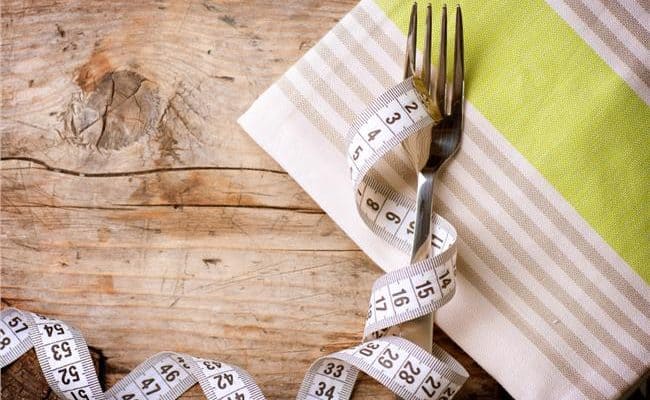
Losing weight that stays off in your younger years could have a dramatic effect on your health throughout adulthood. Of course weight loss anytime can be a positive benefit, but having a healthy body weight especially when a female is under 30 years can affect her diabetes risk and risk for polycystic ovarian syndrome (PCOS).
If a woman is wanting to have children, her physical health even before she gets pregnant is important to her and her potential children.
Having healthy habits in place in your 20’s can mean those healthy habits stay in place through the rest of adulthood.
While weight loss can seem challenging anytime, trying to lose weight while under 30 may provide another advantage because metabolism is probably at the highest point during adulthood.
Cut the sugar
Cutting added sugars is one of the first steps for weight loss no matter your age. Eating a high sugar diet can increase risk for type 2 diabetes and could negatively impact hormone levels in the body.
It’s not that you can never have any sweets if you’re trying to lose weight, it’s cutting the amount of sugar you are regularly consuming every day.
Most Americans get much more sugar than they suspect because sugar is added to many processed foods as a cheap filler.
Sugary drinks are a big culprit for weight loss; cutting soda, juice, sweetened tea for example can really help you cut excess calories. Plus ditching the sweet drinks now can save a lot of unnecessary sugar throughout your adult life.
Get a variety of exercise intensities
There are benefits to doing moderate and high intensity exercise for weight loss. Try to keep a variety of exercise in your lifestyle- some cardio, some strength training and flexibility.
Adding variety can cut down on getting bored of a single exercise and can help keep you interested in sticking with your exercise routine.
High intensity exercises are a big calorie burn and can rev up your metabolism for hours after exercise. Moderate exercise can help your body shift to utilizing fat more efficiently as a fuel. Both are beneficial!
Make healthy habits instead of yo-yo dieting
Steer clear of the fad diets that only last a few weeks. You are not going to do yourself a favor long term by bouncing from one fad diet to the next, always gaining back weight. Stick with making small changes at first you can sustain. Have a long term focus for your health instead of a quick fix.
Eat lots of fiber
Don’t skimp the fruits and vegetables! If a diet plan advises you to cut back on fruits and vegetables, be wary. Eating a high fiber diet can help you feel full and can actually help with weight loss. Plus, eating adequate fiber and drinking adequate fluids can help promote digestive health too.
High fiber foods like fruits, vegetables, legumes, whole grains, nuts and seeds provide nutrients the body needs to promote a healthy body in your 20’s and for many years to come.
Women under 30 should get 25 grams of fiber per day according to the Institute of Medicine. If you eat a lot of high fiber foods, you can easily surpass this recommendation.
Listen to your body
Toddlers and young children are very in tune with their body. They eat when they are hungry and stop when they are full. As we grow older, we are taught that we are “done” eating when the food is finished on the plate, not when we are full.
Learn how to stop eating when you’ve had just enough, not when you’re full. Eat when you’re hungry, not as an emotional outlet when you’re sad, depressed, lonely, etc. Learn what triggers you to use food in a way it wasn’t meant to fill.
Relationship with food
Disordered eating habits can develop any time, but females under the age of 30 may be more susceptible to picking up disordered eating habits especially if you already have a history of dieting.
Along with listening to your body, be honest with yourself about your relationship with food.
It takes strength to ask yourself honest questions about your relationship with food, and this can really help identify patterns in behavior that lead to unhealthy choices.
Conclusion
Under 30 is a great time to try to lose weight because your changes can help set the tone for the rest of your adulthood. Cutting sugar intake before 30 can help lower risk for type 2 diabetes, weight gain and may lower risk for PCOS.
Getting adequate exercise and a variety of exercise intensities can give you the best of both worlds: high calorie burning workouts and helping your body burn fat efficiently as a fuel.
Bump up the fiber intake for sustained weight loss and to help you feel full throughout the day. Getting adequate fiber is good for digestive, cardiovascular and blood glucose health. Learn to listen to your body; stop eating when you are full not when the food is gone.
References used in this article










